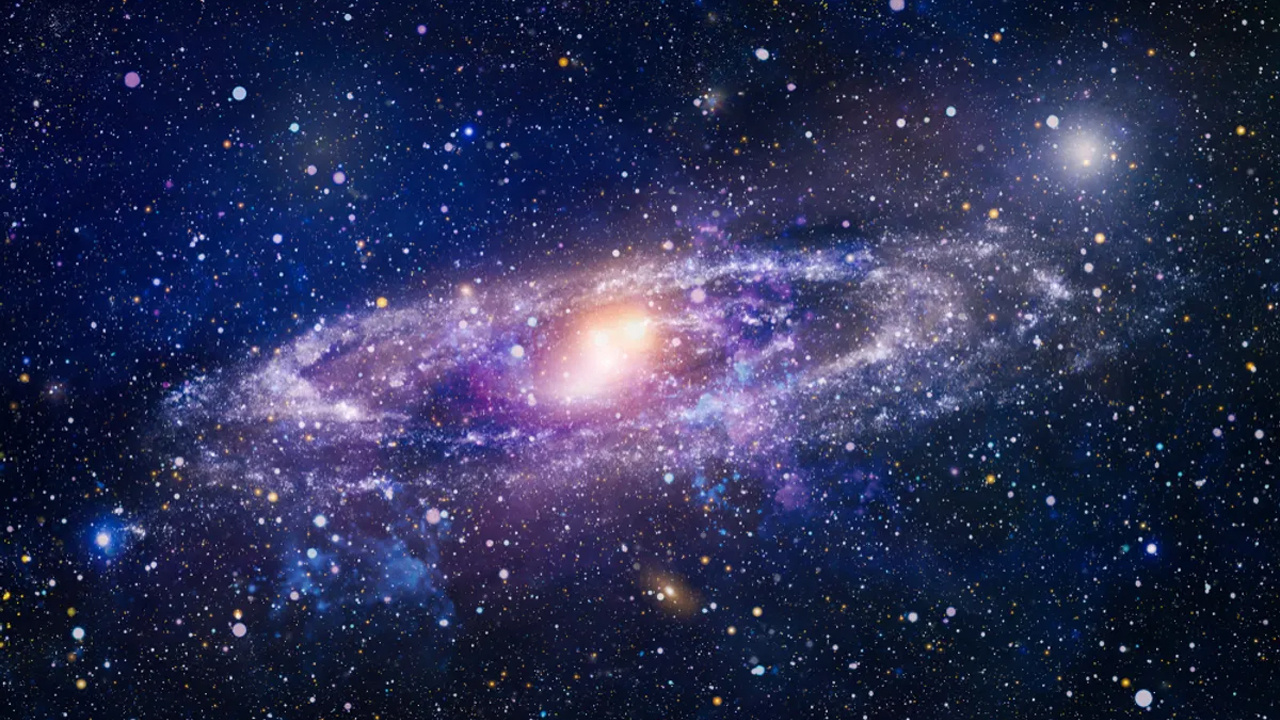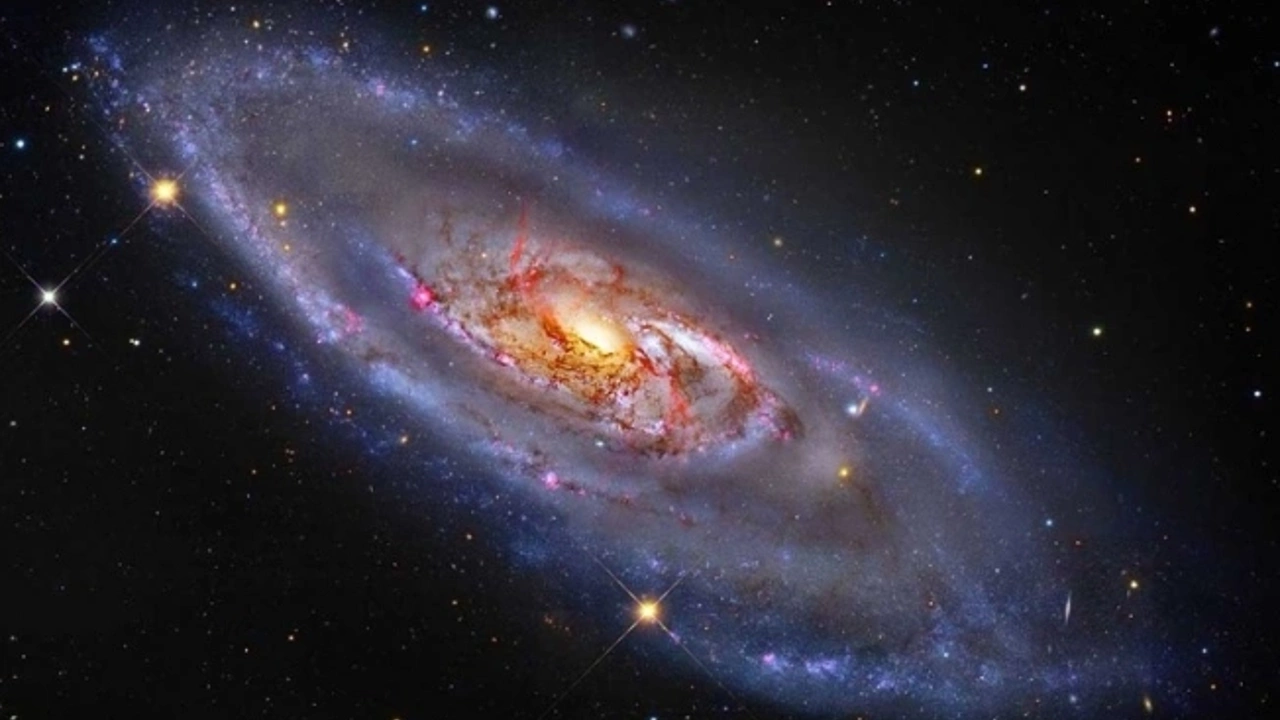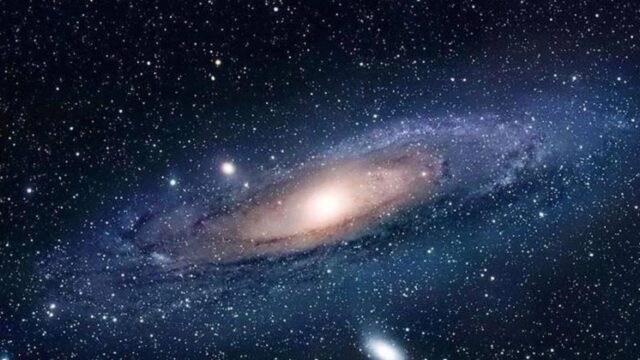We cannot yet answer the question of whether there is life on other planets in the universe. But at least we know that we are not alone as a galaxy. There are approximately 50 dwarf galaxies around the Milky Way Galaxy. However, a sad end awaits them due to the intense gravity of the Milky Way. The Milky Way will swallow the galaxies around it. Here are the details…
The Milky Way Galaxy will devour dwarf galaxies!
The mystery of the universe is being illuminated thanks to technological developments. Scientists thought that all the dwarf galaxies orbiting the Milky Way would remain around for tens of billions of years. However, this may not be the case.

An international team of researchers recently published a study on this. Researchers; “Most dwarf galaxies are star systems that arrived late in the Milky Way. “It is in stark contrast to the long-term satellite hypothesis.” said.
This study is based on data from the European Space Agency’s Gaia mission. These data revealed that just a few billion years ago, many dwarf galaxies orbiting the Milky Way were destroyed after being pulled in by our much larger galaxy.
Researchers used Gaia data to determine the dates of objects originating from smaller galaxies that were previously engulfed in the Milky Way. They identified galactic remnants. They then determined that most of the dwarf galaxy remnants in the Milky Way entered the Milky Way only in the last 3 billion years. When these galaxies collided with ours, there was so much turbulence that they lost their gas. That’s why their structure has changed greatly.


The destruction experienced by dwarf galaxies entering the Milky Way calls into question the amount of dark matter in these galaxies. So how does the amount of dark matter affect this situation? If these objects were rich in dark matter, the situation would be much different. The mass and gravity of dark matter would help it orbit most objects despite some distortions. In other words, the dwarf galaxy would remain a coherent object even after it was incorporated into the Milky Way.
However, this is not the case. Presumably, these galaxies swallowed by the Milky Way lacked dark matter. If the dwarf galaxies currently orbiting the Milky Way also lack dark matter, they will share the same fate. The Milky Way Galaxy may swallow them alive in the future.

